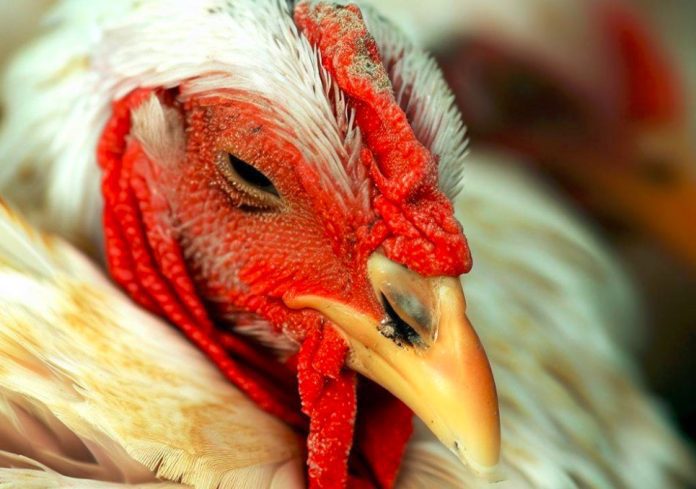News in brief: The UKHSA has confirmed two additional cases of H5N1 avian flu in poultry workers, bringing the total cases to four. Since it activated its surveillance program five months prior it has not detected human-to-human transmission, leading it to assure the public that risks remains low. Poultry gatherings are still banned due to fear of the infection spreading.
The United Kingdomâs Health Security Agency (UKHSA) has confirmed two additional H5N1 avian flu cases in the country. The agencyâs surveillance programme detected the new cases in poultry workers from different farms.
Confirming the report, UKHSA said that the workers were asymptomatic and have been in close proximity to birds. It brings the total positive cases of the avian flu virus to four.
The agency activated the surveillance programme five months ago, in March 2023, and recorded two cases in May that have since tested negative. So far, it has tested 144 persons from eight infected premises through the programme. It has also announced that there is no cause for alarm as level of risk to the public is low and there is still no sign of human-to-human transmission.
A H5N1 avian influenza infection in humans causes similar symptoms like the common flu. Sick people may experience cough, fever, sore throat, muscle aches, headache and shortness of breath. It also has high mortality among humans but taking antiviral drugs within two days of experiencing the symptoms can help.
In birds, it is much more deadly. According to World Organisation for Animal Health (WOAH), it led to the loss of 131 million domestic poultry through death and culling.
The director of clinical and emerging infections at UKHSA, Dr. Meera Chand, maintained that “current evidence suggests that the avian influenza viruses weâre seeing circulating in birds around the world do not spread easily to people.’
Reports claim that poultry farms outbreaks have continued but at a low level over the summer. Meanwhile, its prevalence in wild birds remains high, with mostly wild gulls and terns carrying it.
The government’s ban on poultry gathering like fairs, shows and markets remain in effect because a large number of flocks mixing together poses a risk of infections spreading across the country.



